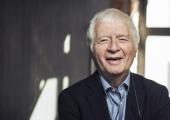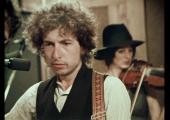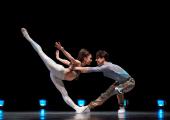10 Questions for musician Craig Finn

Hold Steady frontman on his "more vulnerable" solo work and mental health on the road
As frontman and lyricist of US rockers The Hold Steady, Craig Finn specialises in vivid storytelling featuring larger than life characters. It’s a writing style that he has carried with him into his solo work too even if, as he says, the stories are “more vulnerable and maybe a little more personal” than fans of his other band may be used to.








